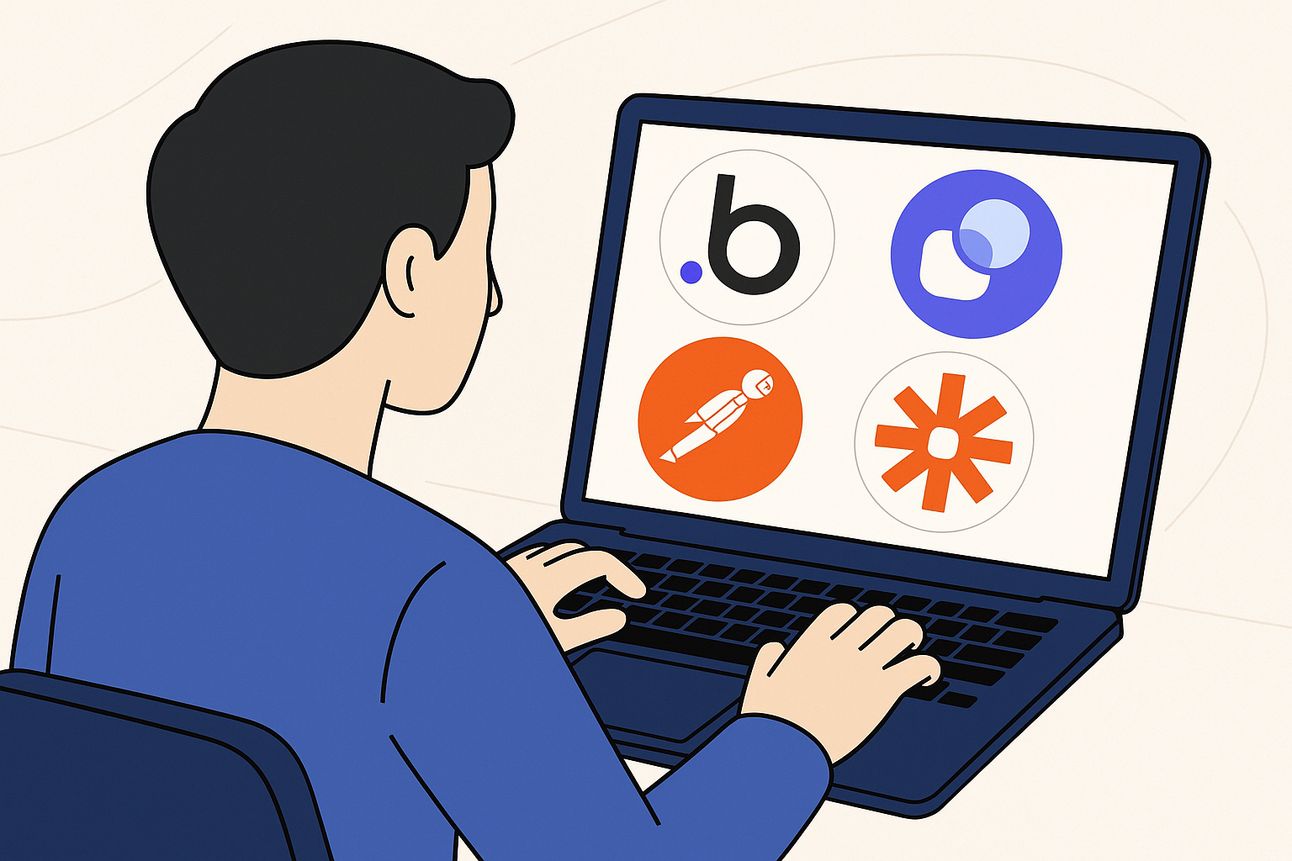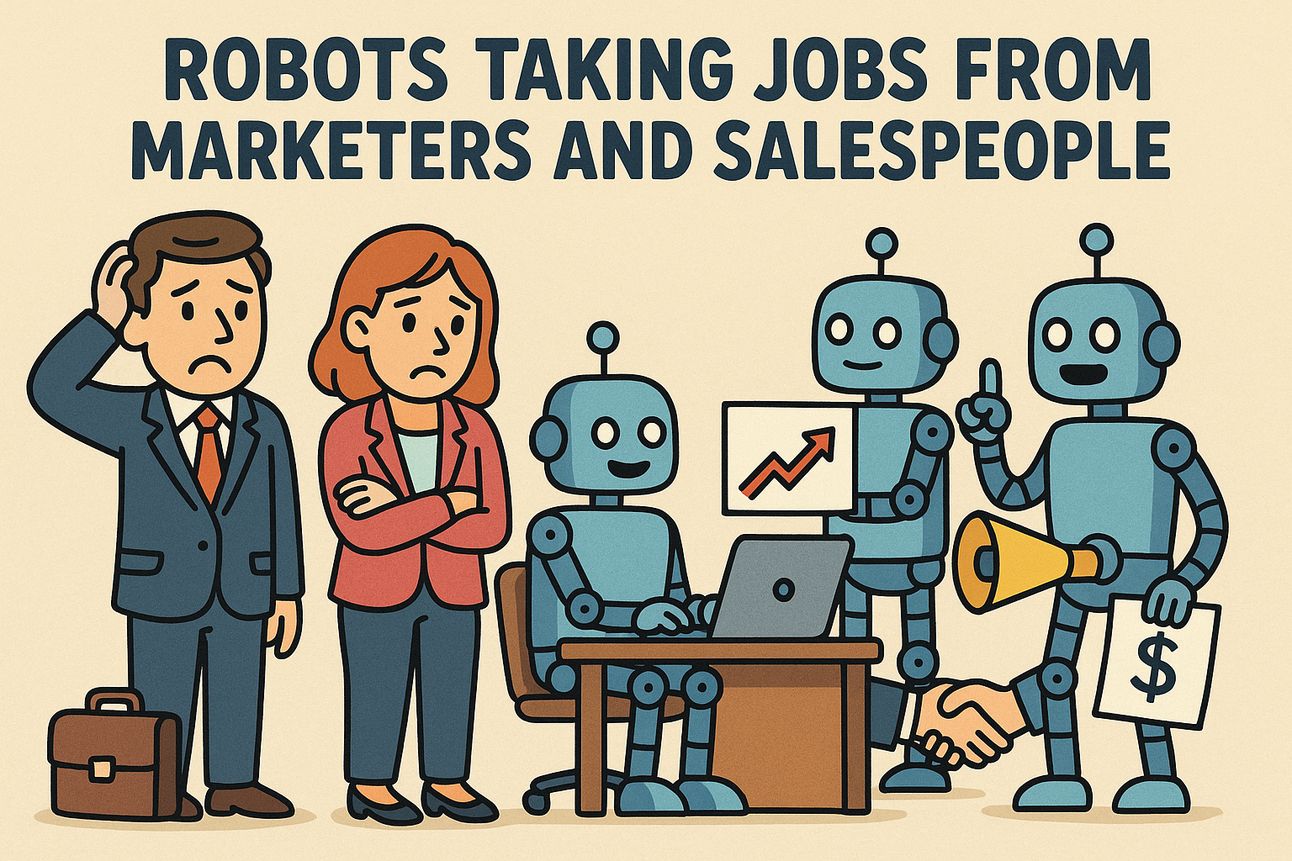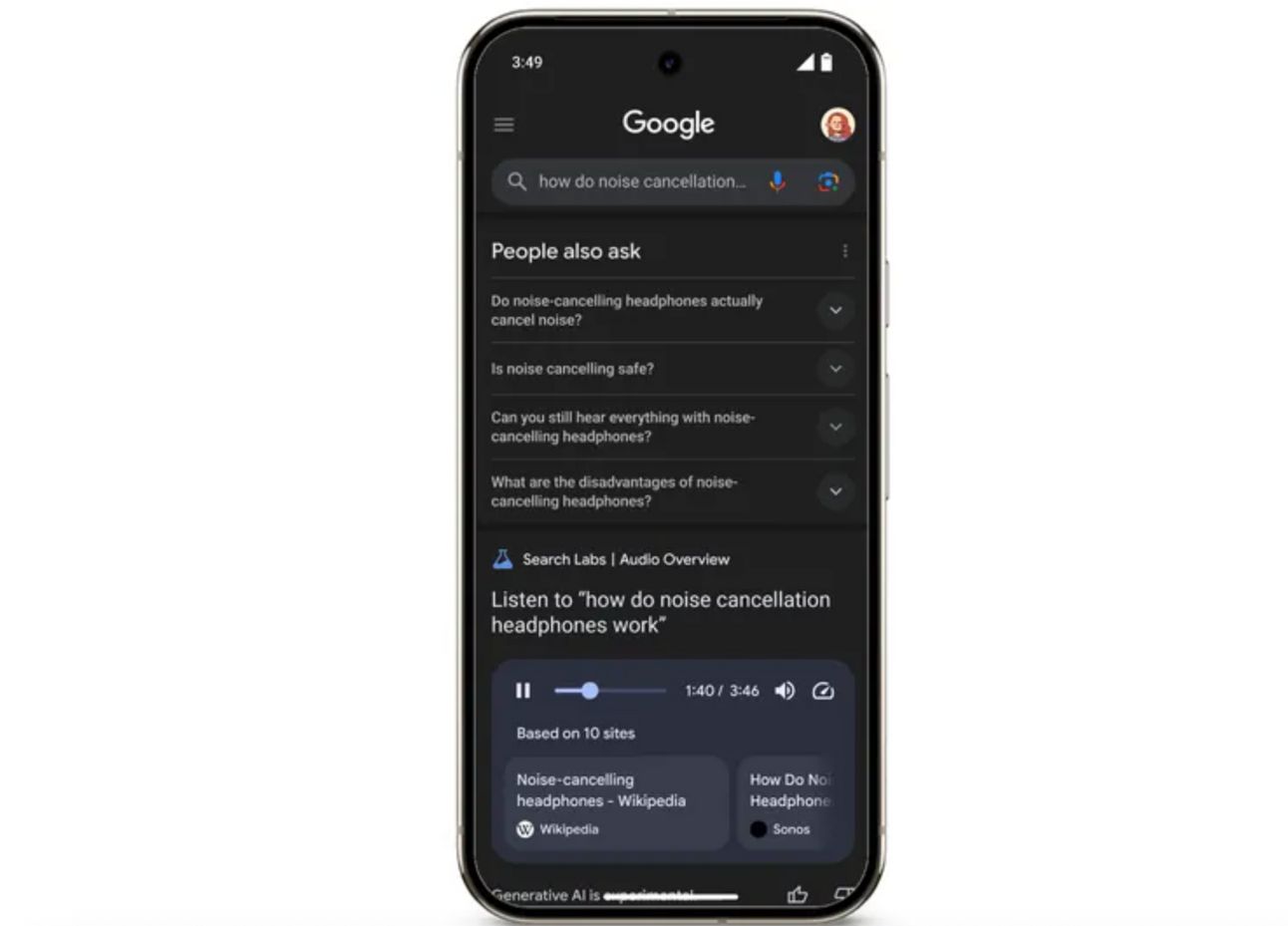- The Prohuman
- Posts
- Which AI agent builder actually delivers?
Which AI agent builder actually delivers?
Giveaway: 3-hour masterclass on how to build AI agents from scratch and automate most of our work
Welcome, Prohumans.
Here’s what you’re going to explore in this post:
4 AI agent builders + giveaway
AI vs advertising
Google Audio Reviews
Just happened in AI
Giveaway from AirCampus
Ready to 10x your productivity without working 10x harder?
Join our 3-hour AI Masterclass on Tuesday 17th June at 10AM EST and learn how to create powerful AI agents like:
👩💼 Anna – The AI assistant who never sleeps.
🧑💻 Emily – Your entire social team in one agent.
🧔♂️ Ted – Your AI Voice Assistant that makes calls and gets things done — just like a real team member.
From emails and social posts to real-time voice calls and 40+ app integrations — they’ll do it all while you stay in flow.
🎓 No code. No fluff. Just real systems that scale.
The 4 AI Agent Builders You Need to Know

No-code AI agents are exploding in popularity but which tools are actually worth your time? After testing the top 4 platforms, here’s what stood out.
Here’s the list:
1. Bubble: Best for Fully Customizable Web-Based Agents
Powerful visual builder with deep backend logic and UI control
Seamless API integration for connecting GPT and other tools
Ideal for building polished, interactive agents without coding
Downsides: performance can lag on complex builds, and setup takes time
Best for: startups and small teams needing design freedom
2. Relevance AI: Best for Complex Decision-Making
Built for agents that think, decide, and handle data-heavy tasks
Vector search and memory handling make it great for knowledge assistants
Visual builder supports branching logic, fallback paths, and routing
Steeper learning curve but extremely powerful once mastered
Best for: technical teams solving logic-heavy problems
3. Zapier Agents: Best No-Code AI for Automation
Lets you describe a task in plain English, then builds the workflow
Ties into 7,000+ apps with memory and conditional logic
Ideal for business users automating tasks with GPT-level intelligence
Minor issues with vague prompts, but huge time saver overall
Best for: productivity-focused teams using lots of SaaS tools
4. Postman AI: Best for Prototyping and API Workflows
Combines Postman’s API roots with a visual no-code AI layer
Ideal for developers and product teams testing LLM-powered flows
Realtime execution logs, input/output tracking, and built-in GPT tools
Limited memory support, but great for quick, testable builds
Best for: teams prototyping intelligent backend agents fast
There’s no one-size-fits-all AI agent builder but the best tool is the one that maps to your real-world workflow. Don’t chase features. Start with the job you want the agent to do and pick the platform that gets you there fastest.
AI is rewriting the ad playbook

AI is shaking the foundation of advertising fast. Leaders from WPP and Publicis are calling it a total reinvention of how content is made, delivered, and optimized.
WPP’s outgoing CEO says AI is “totally disrupting” advertising and rattling investors.
Tools like DALL-E and Midjourney are accelerating content creation at breakneck speed.
Over 60% of U.S. ad agencies already use generative AI — and that number’s climbing.
WPP’s in-house platform, Open, is now used by 50,000 employees across creative and media.
Publicis CEO Maurice Levy sees AI enabling true personalization at scale — but warns it’s still just a tool.
AI will kill some jobs, he says, but create more — just like the internet did.
Consumers are wary: 82% say brands should protect human roles, even if profits dip.
The creative edge used to be human insight. Now, it’s increasingly machine-enhanced. The challenge for brands isn’t just how to use AI it’s how to stay trusted while doing it.
Audio is coming to Google Search and it changes everything

Google just launched Audio Overviews, a hands-free way to explore search results. The feature is now live in Labs and powered by Gemini, their latest AI model.
Audio Overviews are short, AI-generated audio summaries of search results.
They’re designed for multitaskers, auditory learners, or anyone who wants an easier way to absorb info.
The audio player includes speed control, volume, and clickable links to source material.
Google uses Gemini to decide when an Audio Overview might be helpful for your query.
The feature builds on AI Overviews and expands accessibility in search.
It’s already available in NotebookLM and Gemini, where it can even turn documents into podcasts.
But the timing is interesting it comes just as publishers accuse AI search tools of cutting their traffic.
Audio Overviews could be a brilliant accessibility win or a quiet step toward reshaping how we interact with the internet. Either way, Google isn’t just changing how we search. It’s changing how we listen.

Thanks for reading…
That’s a wrap.
What's on your mind?
Share your best ideas with us at theprohumanai@gmail. com
We'll bring your ideas to life. Send them our way, and we'll get to work on making them a reality.
Did you find value in our newsletter today?Your feedback can help us create better content for you! |
 | I hope this was useful… If you want to learn more then visit this website. Get your brand, product, or service in front of 700,000+ professionals here. Follow us on 𝕏/Twitter to learn more about AI: |